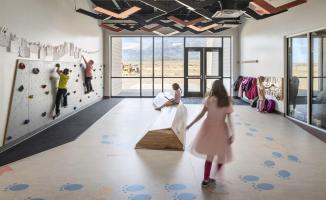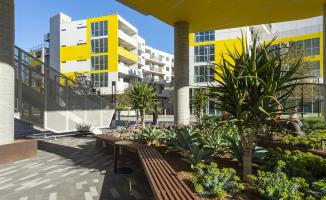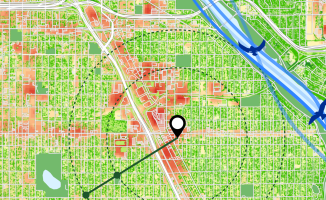Design Catalyst: Building Empathy and a Systemic Approach to the Student Housing Crisis
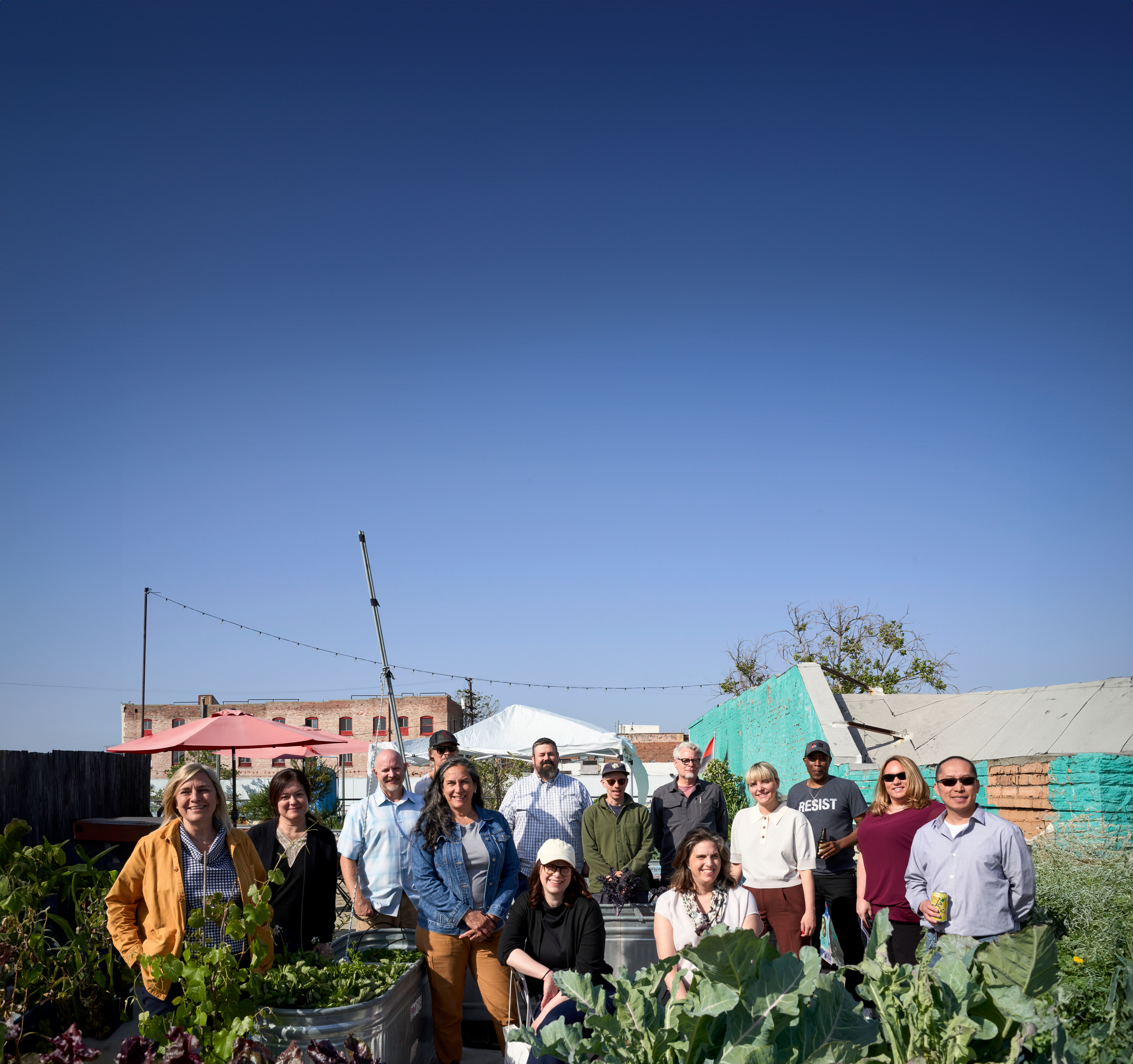
Housing insecurity among college students is an often-neglected part of the broader conversation around our national housing crisis. Skyrocketing rents and a lack of affordable options heavily burden college students who already contend with limited incomes and high tuition costs.
The inability to find safe, healthy, and affordable housing disrupts academic performance, resulting in lower graduation rates, longer time in school, diminished job prospects, and diminished lifetime earnings. Combined with its adverse effects on student mental health and wellbeing, the crisis greatly exacerbates social inequities.
At Cuningham, we’re harnessing our Catalyst Leadership Program to develop strategies that can address the unique challenges faced by students and housing providers. We believe a thoughtful systems-based approach can forge innovative and targeted interventions that can provide the supportive living environments necessary for students to thrive academically and personally.
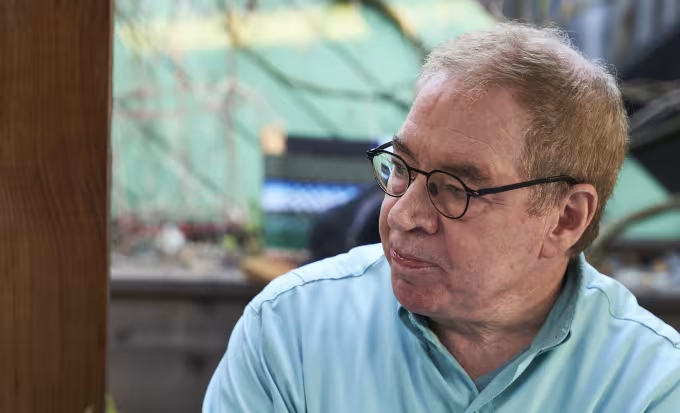
This spring, our Catalyst leaders began tackling the issue with a focus on the needs and challenges of community college students in Los Angeles—where the city’s crisis is famous for being one of the most acute. Earlier this month, they took part in an immersion of the city’s housing ecosystem that included visits to successful affordable housing projects and meetings with local nonprofits, design firms, and nonprofit community leaders championing underserved communities.
Engaging directly with people who have insights about contributing factors like food insecurity, housing policy, and construction costs reinforced the need for solutions that take a systemic approach. A special moment of the immersion was a conversation with Larry Keeley (right), author of Ten Types of Innovation whose work has informed Cuningham’s innovation framework. He urged building an “empathy for the entire system of student needs.”
The Los Angeles immersion was their first step in gaining a keen understanding of students, their unique needs, and the potential causes of bad social and academic outcomes such as including a lack of transportation, food, healthcare, or basic technology. He also urged a thoughtful study of what people have already done or are doing to address the problem to understand what has been effective, what is promising, and what has failed.
Larry offered a three-point approach to guide the Catalyst leaders as they move forward.
- Identify the orthodoxies to leave behind
- Frame the problem
- Imagine and move to a future state
Keeley met with the leaders at No Us Without You, a nonprofit established in 2020 by Othón Nolasco and Damián Diaz during the COVID-19 pandemic to provide food relief to the disenfranchised hospitality workers affected by the pandemic. Launched with a goal of feeding 30 families a week, the nonprofit now provides food to over 700 families a month.
“You've got to get a sense of what orthodoxies you're going to drop. You've got to very carefully and actively consider the boundaries of what you're going to solve. And then you need to gain a sense of what you want to head towards.”
Larry Keeley
Author, "Ten Types of Innovation"
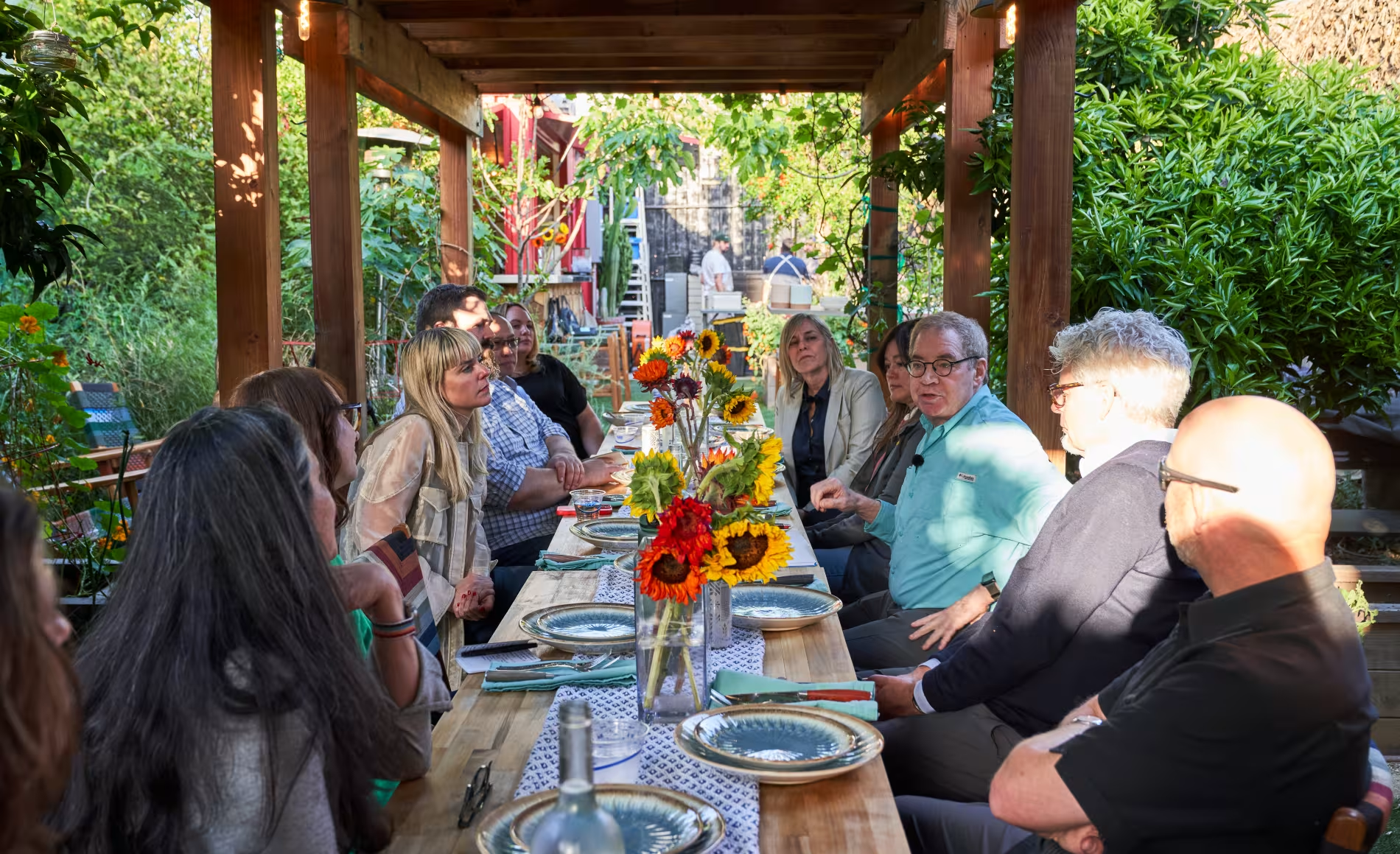
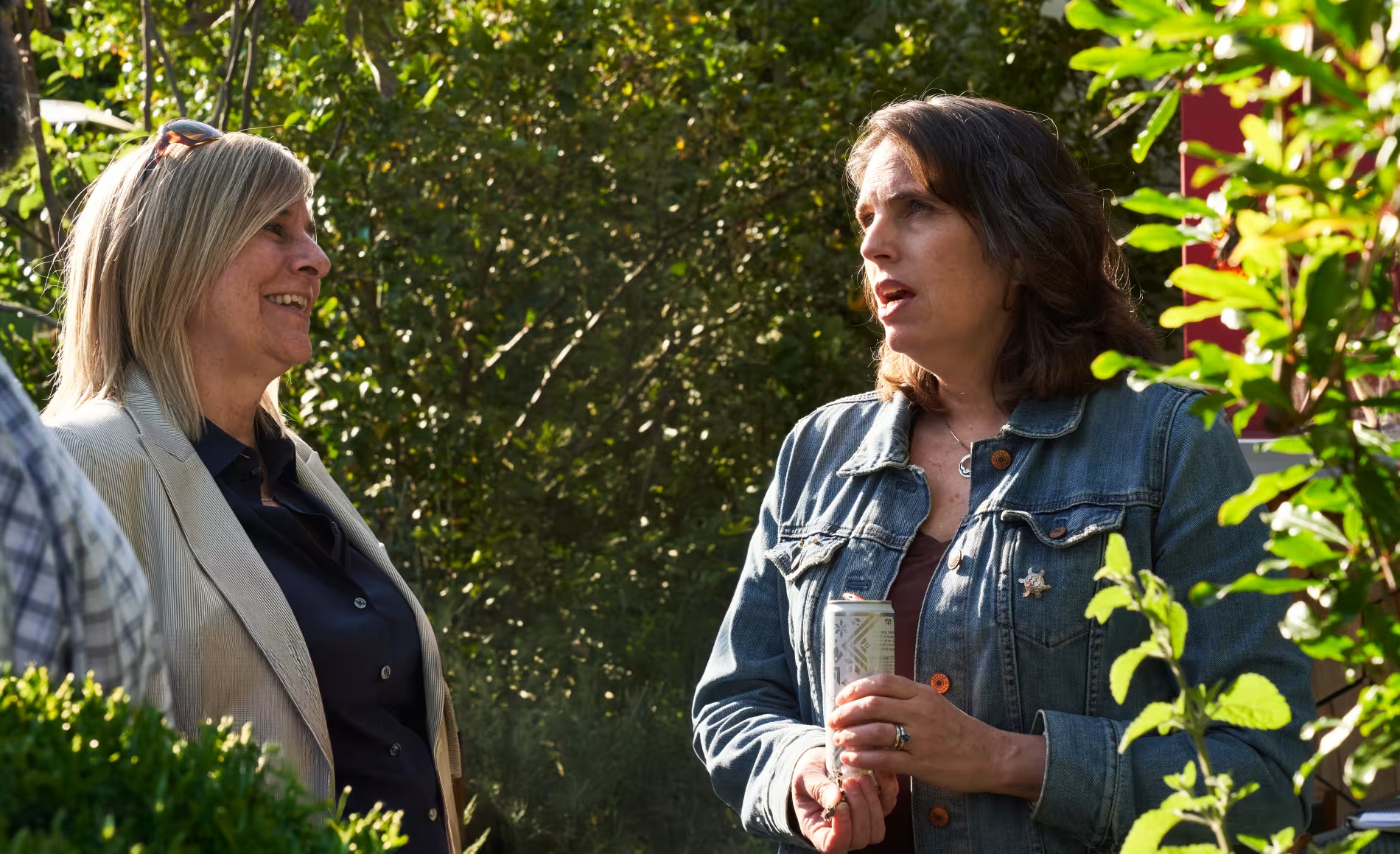
A notable aspect of their operations is an urban garden space, designed through partnerships with design firms in support of the organization’s mission. The space serves as a community hub and fundraising tool. Rental fees generated from the garden support community food distribution efforts, showcasing the transformative potential of built environments to drive positive community change.
These firsthand experiences provided by the program along with ongoing design research will drive how the Catalyst leaders frame the problem and select impactful lanes where they can achieve positive outcomes through design. We believe student housing must go beyond basic living needs to address holistic needs: academic, professional, social, and individual.
“I thought that the problem was so big. But now we’ve seen action in different ways and on different scales…if every action is intentional, we’ll make an impact for who we are trying to serve. We can do this.”
Heidi Neumueller
Associate Principal

